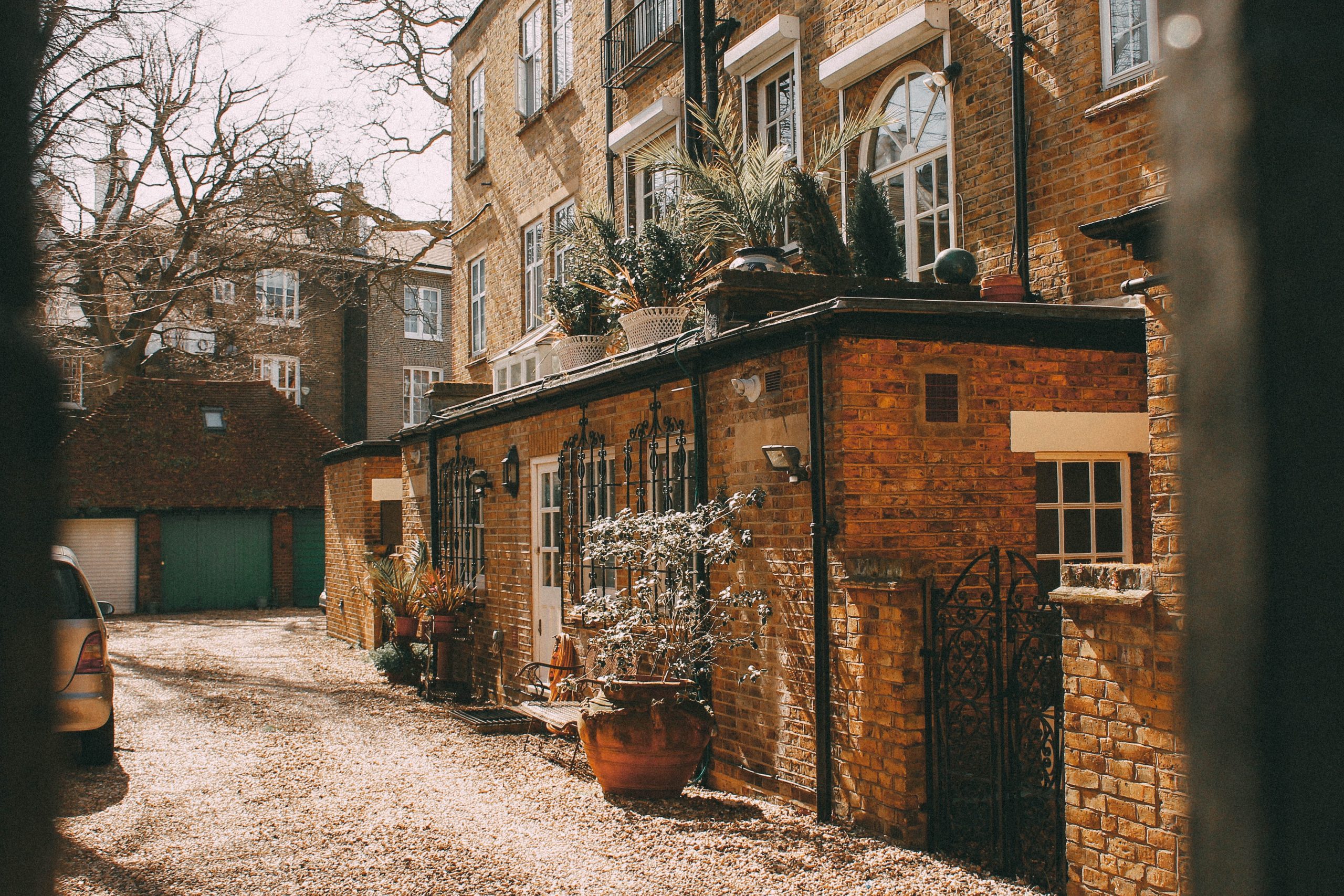This post was sponsored by The Big Issue, who I have loved for many years. All thoughts my own.
Bad weather is still upon us. While the holiday season seems like a distant dream, the (literal) cold reality is that Spring doesn’t officially start until late March. Of course, if you live in the UK, that date guarantees you nothing beyond the potential hint of sunshine come early May.
For many of us, this is an inconvenience. Perhaps something that makes us long for a holiday, gives us extra cause for an indulgent moan, or increases irritation as we begrudgingly try to keep our umbrellas from turning inside out. It’s frustrating, but manageable.
But this isn’t the case for everyone. For many homeless, vulnerable, and low-income people, cold weather is hard. And in the UK, many are suffering through fuel poverty.
What is fuel poverty?
The term fuel poverty refers to anyone who struggles to afford their energy costs. There are many reasons why these costs may be hard to manage, including being on a low income, living in a property that’s not energy efficient and therefore expensive to run, or living in a home that’s too large. Fuel poverty has been shown to have severe impacts on mental and physical health: many are forced to choose between heating or eating, and groups such as the elderly or those with health conditions exacerbated by the cold struggle, due to needing higher temperatures at home.
Overall in the UK, it is estimated that 12.9% of households (3.5 million) are affected by fuel poverty, that 34% of fuel poor households include somebody with a disability or long term health condition, 20% have a child aged 5 or under, and 10% have a person aged 75 or over. Higher levels of fuel poverty are seen amongst private renters and households with low energy efficiency ratings, and it’s also likely that those in fuel poverty will be struggling with other costs including food and transport.
Lower income naturally means that households spend higher proportions of their incomes on fuel bills, but the poorest and most vulnerable also actually pay more for energy. Low-income households are more likely to pay more for their fuel, as less access to digital technology and financial options makes it harder for them to switch to cheaper deals. Three-quarters of low-income households haven’t switched in the last two years, and end up paying an estimated £233 more a year.

Unfortunately, energy prices continue to skyrocket. In April of 2019 prices increased by £117 per year, a rise which the charity Citizens Advice recognised as inevitable. It is, of course, the most vulnerable who are continually hit by these hikes from unethical and unsustainable companies.
At the same time, the climate crisis is escalating every day. It is not unreasonable to ask for a world where energy is affordable and clean, especially when the UK has an incredible capacity for renewable energy generation that would provide countless jobs at all skill levels. It is also not unreasonable to believe that adequate heating should be seen as a fundamental and accessible human right.
Clearly, the system is broken.
But there is another way. One that values and cares for our most vulnerable citizens, promotes clean energy, and eradicates fuel poverty once and for all.
The Solution: The Big Issue Super Green Tariff
The Big Issue is one of the most well-known social enterprises campaigning for the rights of the marginalised in the UK. For over 25 years they have worked to dismantle poverty through creating opportunity. Their mantra of ‘a hand up not a hand out’ has seen the success of their brilliant magazine, which offers employment to vulnerable and homeless people across the UK as they become small business owners. Alongside this their charitable arm The Big Issue Foundation works to address the root issues of social and financial exclusion, supporting individuals on the journey to better circumstances through practical help and campaigning to create larger social, systemic change across a variety of issues.
One of the issues they are set to tackle is the UK energy system, through an incredible partnership with Bristol Energy.
Bristol Energy is a sustainable energy company focused on social value. Bristol City Council opted to set up the gas and electricity supplier in 2016 to create a different kind of energy company which would support local people. Bristol Energy was born, bringing in customers from across the country and channelling money back into the city in the form of community and environmental programmes.
From local job creation to staff volunteer days, carbon reduction activities and wellbeing initiatives such as training mental health first aiders, the estimated value put back into the Bristol community [by Bristol Energy] is £7m this financial year (2018/19).
Because it is owned by the council, Bristol Energy aims to be an alternative energy provider that places the community at its core. They believe that no one should be overpaying for their gas and electricity, so keep prices as low as possible.
The average residential customer can lower their energy bills with an average saving of £232 a year by switching to Bristol Energy*, while Which? recently ranked them 9th out of 35 for customer satisfaction.
They focus their community work in Bristol, and their Fuel Good Fund supports vulnerable residents around the city living in fuel poverty. In 2018/19, 1 in 10 people were living in fuel poverty in Bristol. Bristol Energy works with local charities, such as Caring in Bristol, to help vulnerable people manage debt and improve energy efficiency to save money. To date, the fund has raised over £50,000 and supports Bristol City Council’s goal to eradicate fuel poverty by 2030, ending the heat-or-eat decision for 25,000 households.

Now, working together, The Big Issue and Bristol Energy have created The Big Issue Super Green Tariff; a two year fixed tariff that offers 100% green renewable electricity sourced from UK generators and 100% gas carbon offsets. The tariff is available nationally and gives customers a chance to make a difference to those who need a little help to get back on their feet, as each switch results in a £30 donation (when switching both electricity and gas).
The partnership is an obvious one, as both organisations share common values of community, sustainability and creating fairer opportunities for all. People rightfully expect more from their energy providers: they want to know where their electricity and gas comes from, how clean it is, and how much it’s going to cost. Energy firms should be doing more, and in a landscape dominated by giant corporations run by profit-hungry shareholders, Bristol Energy stands out as the company putting their money where their mouth is while remaining accountable to a local authority (they have no corporate shareholders) and putting the needs of people first.
The concept is clear: provide clean, renewable energy at a sustainable, accessible price to people all around the UK.
How & why it works
When a new customer comes on with Bristol Energy’s Big Issue Super Green Tariff, Bristol Energy pays The Big Issue £15 per fuel to support their mission. This means that if a customer switches both gas and electricity to Bristol Energy’s Big Issue Super Green Tariff, Bristol Energy will pay £30 to The Big Issue.
Existing customers can also renew onto the Big Issue Super Green Tariff. For the first 2,000 customers who do so, Bristol Energy will pay The Big Issue Company £5 per fuel to support their mission.
One of the most interesting things about the tariff is the renewable sources of energy. While 100% of their electricity is sourced from UK renewable generators creating energy through wind and solar farms, portions of their gas also come from an unexpected waste material in the form of human sewage (aka, poop power).
This isn’t a wholly unprecedented move for Bristol. The Bio-Bus, the UK’s first bus powered by food waste and poo, was introduced in 2014. But Bristol Energy now uses sewage from one million Bristolians to create biomethane as a replacement for fossil fuel-based natural gas.
Devised by local renewable energy firm GENeco, their gas-to-grid sewage treatment works is the first of its kind, producing up to 1,900 cubic metres of enriched biomethane every hour. The sewage is turned into a sludge that then undergoes anaerobic digestion, a process similar to what happens in human digestive systems. In this system, 56,000 cubic metres of methane are captured every day, which is enough to power 8,300 homes. This process doesn’t increase atmospheric CO2, which also helps the city council on its journey to become carbon-neutral by 2030.
“People often sign up to renewable energy tariffs that only offer green electricity, without considering gas… We’re proud that we’re one of a few energy suppliers that can offer green gas as well, helping our customers reduce their carbon footprint even further.
– Simon Proctor, Bristol Energy’s Head of Renewables.
There are many factors when it comes to choosing an energy provider for our homes, and these days many people specifically seek out a sustainable option. But The Big Issue Green Tariff goes beyond this. Yes, your electricity is renewable and your gas is greener than the other alternatives, but you also enable a vast amount of social good elsewhere, too.

By simply switching you also help lift people out of fuel poverty, and you support The Big Issue to continue advocating for the homeless and marginalised across the UK. Bristol Energy may be a more cost-efficient option, but it also makes your money go much further. So if you care about clean energy, low cost, and caring for vulnerable people all across the UK, this may just be the energy option for you.
Sign up to The Big Issue Super Green tariff here
*Savings calculated based on supply of a BE Simply Green tariff in the South West using the latest Ofgem Supply Market Indicator, as of January 6th 2020.



1 Comments